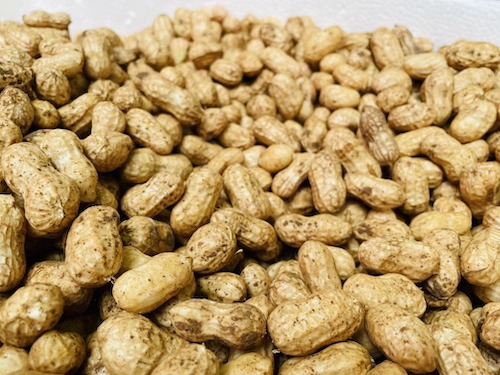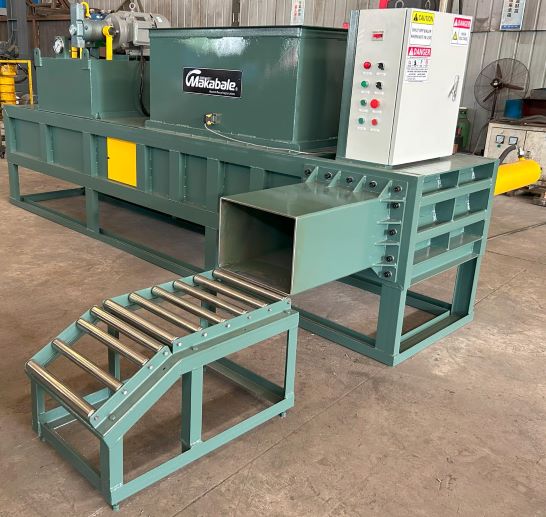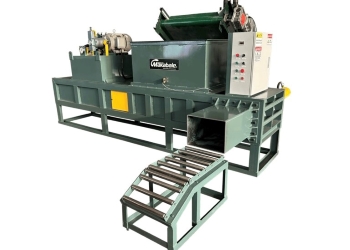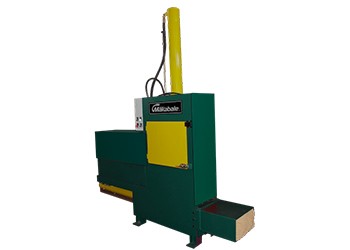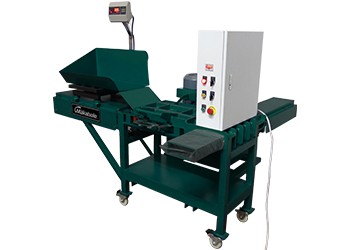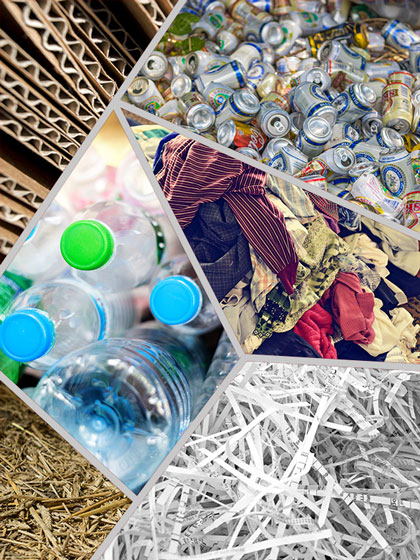Why Recycle Peanut Shell / Hull?
The peanut is a type of legume that belongs to the botanical family called legumes, with the most significant members of this family being soybeans, peanuts, and peas. These plants are grown for their seeds which typically grow in pods. In most cases, the shell / hull, as the by-product of peanut, is treated as waste ended up in landfill or burnt, which only add burden to the environment, but recent trends show that the peanut shell is an important resource if recycled. Below are some of the benefits of peanut shells / hulls.
- Recycling peanut shells are an effective way to dispose of them and reduce plastic waste. Peanut shells are rich in calcium, phosphorus, magnesium, and zinc making them perfect for mixing with soil as fertilizer. Their good quality makes them a great replacement for crushed recycled glass.
- Peanut shells are 100% compostable. They can be used to make various products such as peanut shell compost, fertilizer, soil conditioners, pesticides, and desiccants, just to name a few applications in gardens and on farms.
- The shells are highly durable when it comes to crushing or grinding. They can be easily dried and crushed into small pieces that can be used as alternatives to sand in concrete, plaster, and wallboard.
- They can be used in animal feeds and as a supplementary source of protein to reduce the dependency on soybean meal in poultry feed.
- The peanut shells can also be used in the production of fiberboard food packaging. It is reported that students from Monash have won a global award for their design of the fiberboard food packaging for a company, which is a sustainable innovative packaging.
It is a time to rethink the old and to come up with innovative ways to solve the problems of our contemporary world that ends in wastage. Peanut shells are one way that we can be creative in using waste and recycling it for something useful for us.
A proper peanut shell baling machine is a must-have piece of equipment and wise investment for businesses which generate a lot of peanut waste like peanut food manufacturers or peanut processing factories to compress and package the bulky peanut husks into dense rectangular bales which not only become easier to handle and store, but also brings additional revenue by selling the bales.
